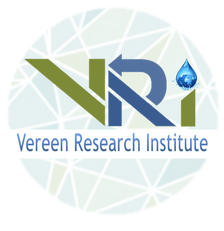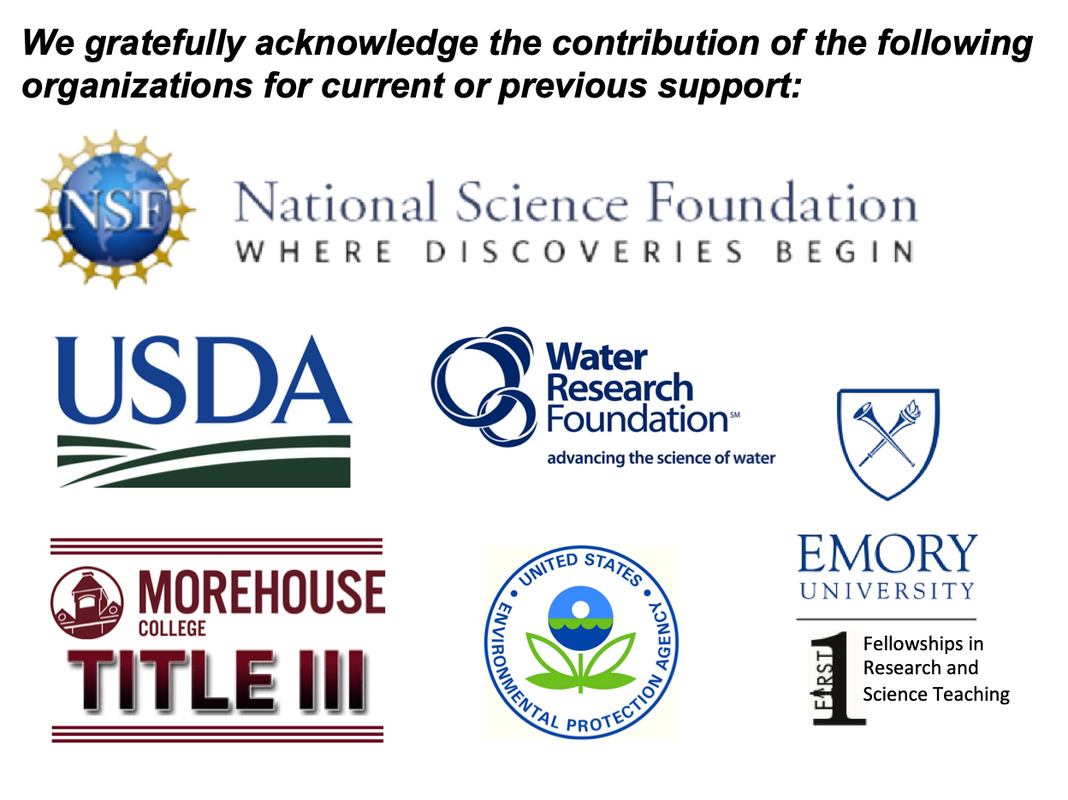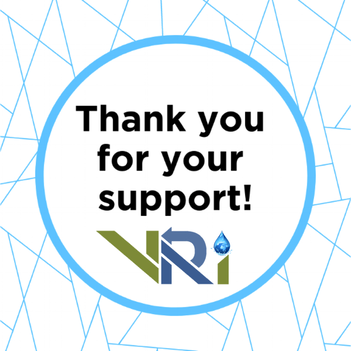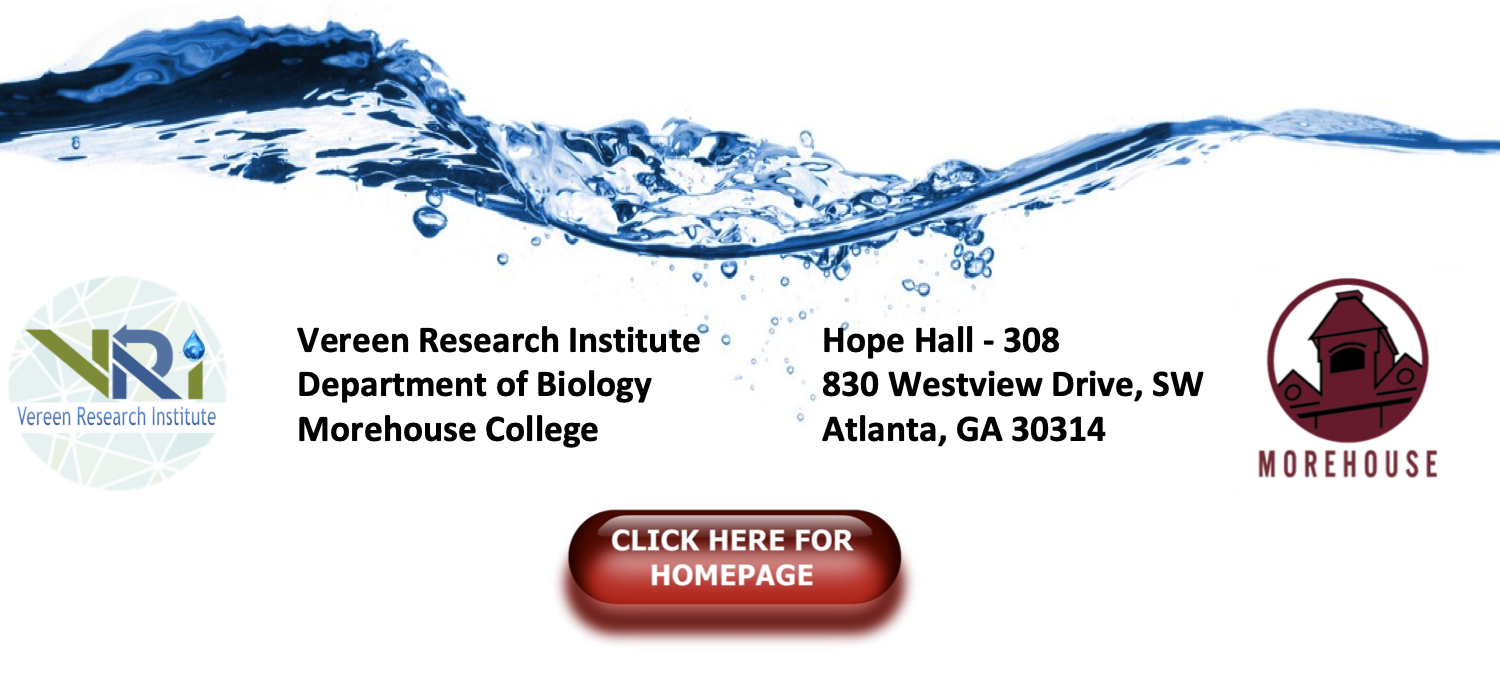WATER RESEARCHThrough our water quality research program, we are investigating various freshwater contaminants, many of which raise public health concerns making these water bodies unfit for their natural or intended uses. Pollution may be caused by fecal waste, chemicals, pesticides, petroleum, sediment, or even heated discharges.
|
MICROBIAL ECOLOGYOur microbial ecology research program focuses on using traditional and state-of-the-art genomic and metagenomic approaches to understand how bacteria affect ecosystem and human health; as well as the diversity and function of microbial communities in various ecosystems.
|
SCIENCE TEACHINGOur science teaching research is focused on the goal of enhancing student learning through effective and equitable student teaching practices that are based on research and best practices. Science education builds on the best of research in both worlds, science and education.
|
Water is one of the most ubiquitous, yet scarce, resources on Earth. Even though Earth is covered in more than 1.4 billion cubic kilometers of water, about 75% of it is surface water and only about 1/100 of 1% of that water is usable by humans. Freshwater is a precious but limited resource, and it is essential to life. Some regions consume water faster than it is replenished. And, unfortunately, water is not evenly distributed across the globe; many people worldwide lack access to enough clean water. Methods are available to recover and purify otherwise dirty water, but we also need to use water more wisely. Water pollution decreases our usable water supplies, harms wildlife and human life, and is largely caused by human actions. Some types of pollution may be easier to address than others, but in general, we can decrease water pollution by controlling what we discharge into water bodies, restoring forested areas, and limiting the use of potential pollutants.




